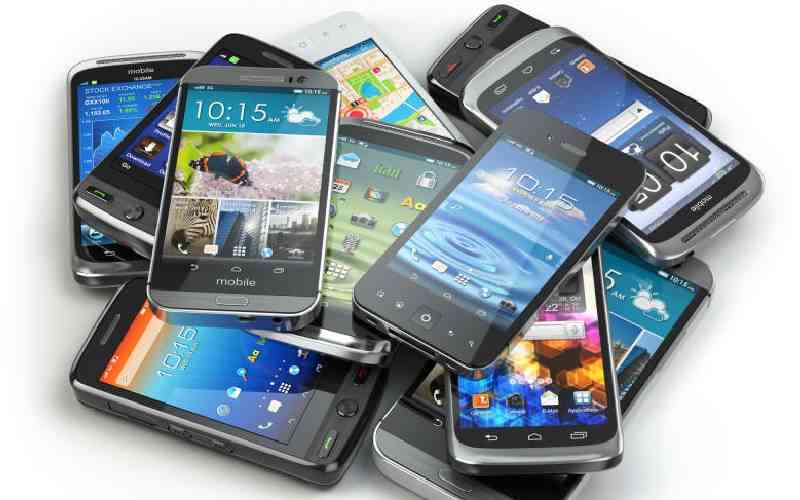×
The Standard e-Paper
Smart Minds Choose Us

Kenya aspires to emerge as one of the information and communication technology leaders among knowledge-based societies, and this goal is now within our grasp, thanks in large part to our nation's primary concern and commitment to education.
Without a doubt, peace is a precondition for national development, and Kenya's social temperament of resolving intolerance and conflict by means other than violence has set us apart in Africa. I applaud you; MAKOFI KABISA TO YOU.